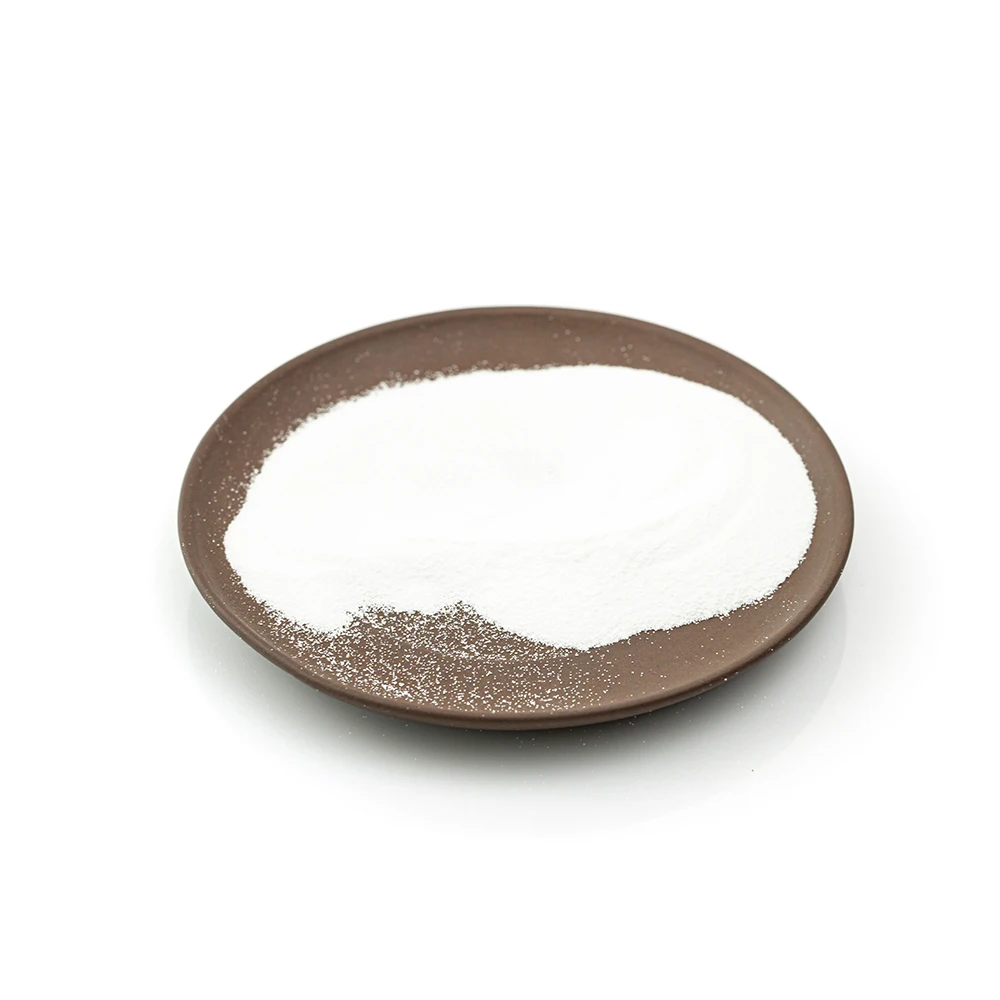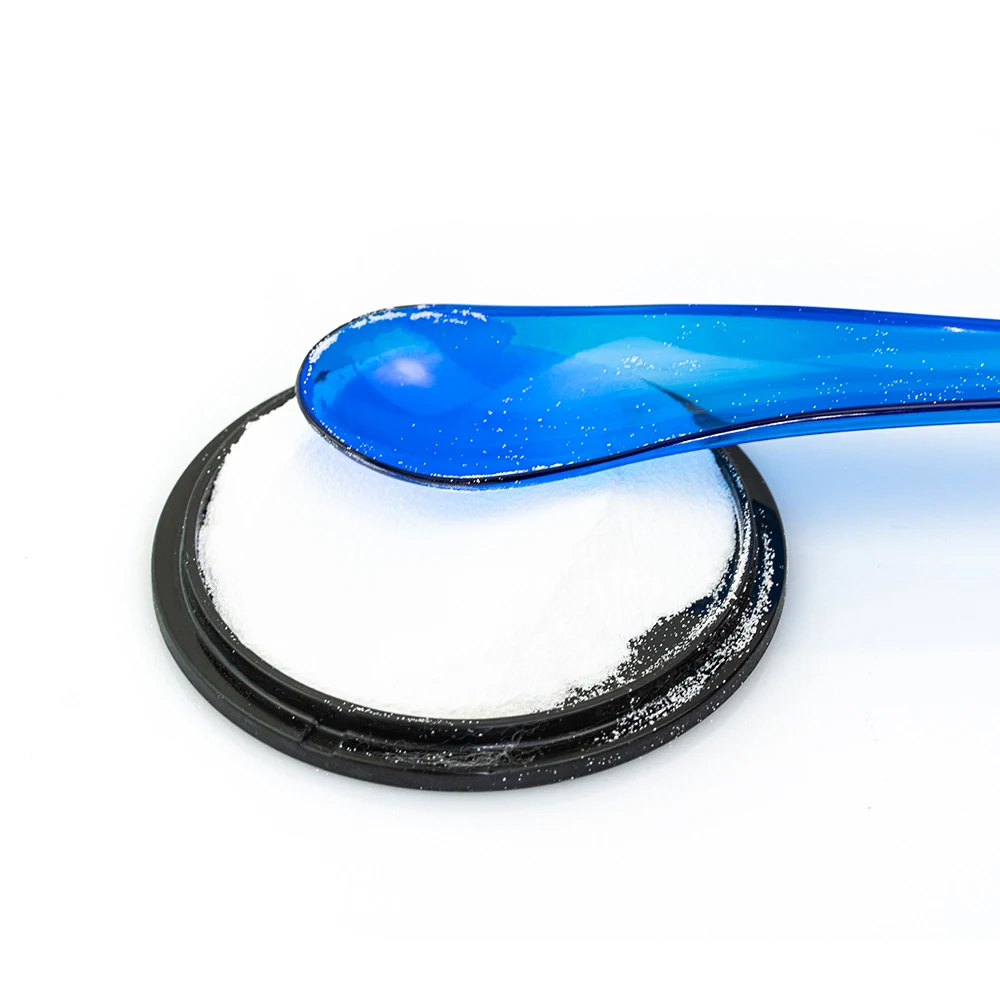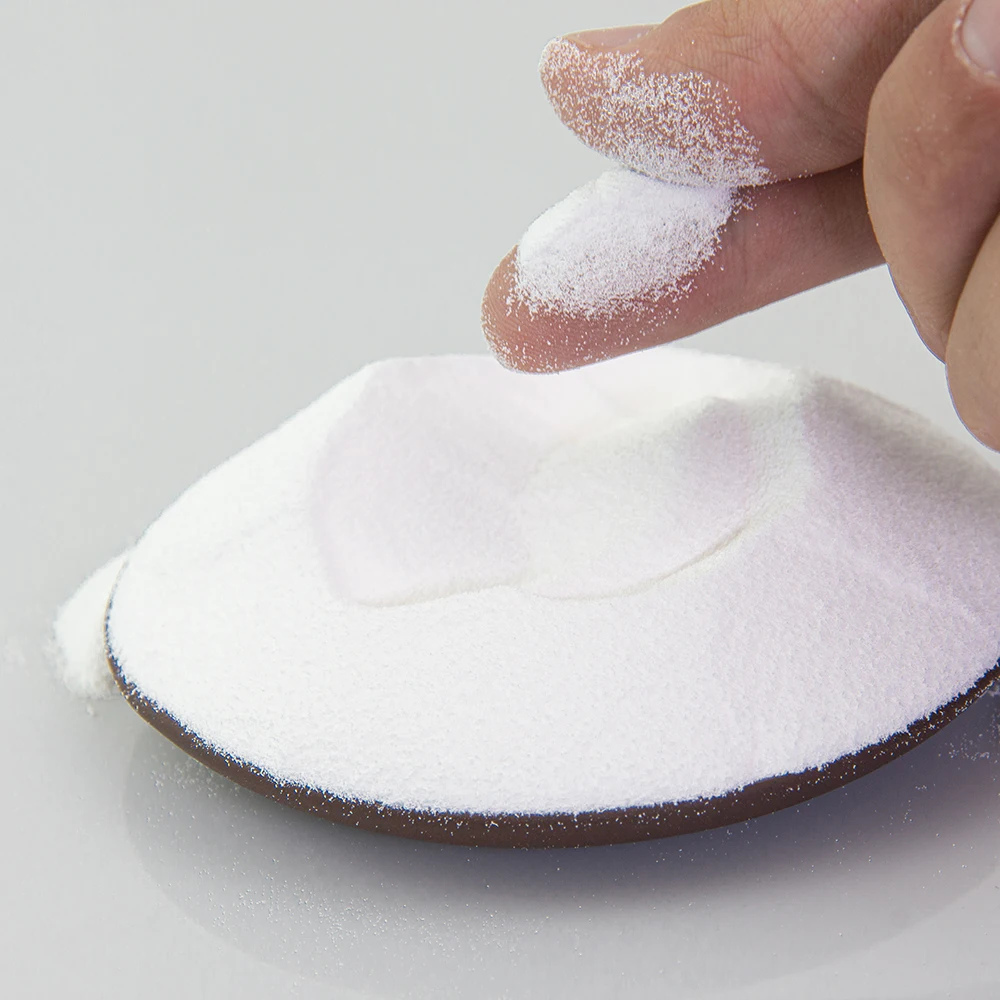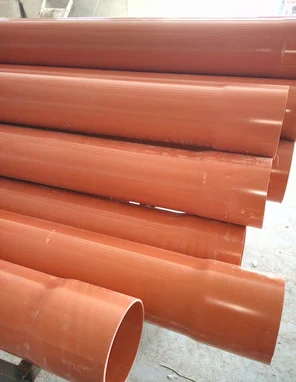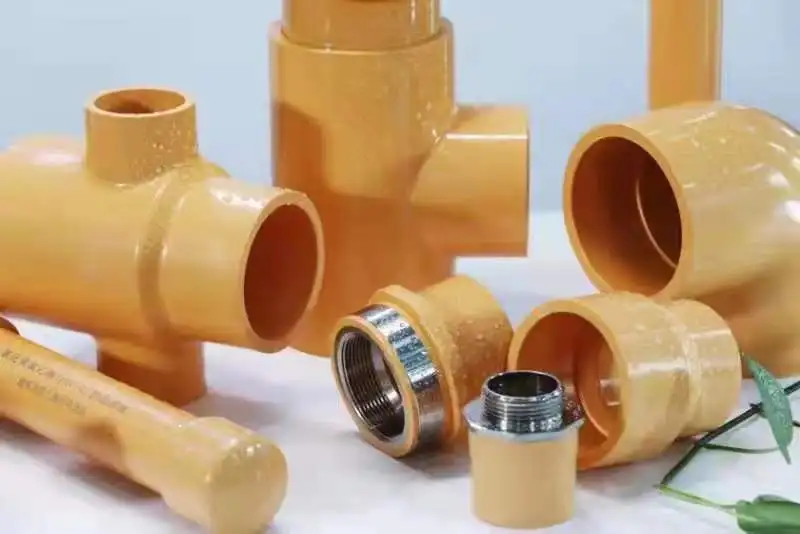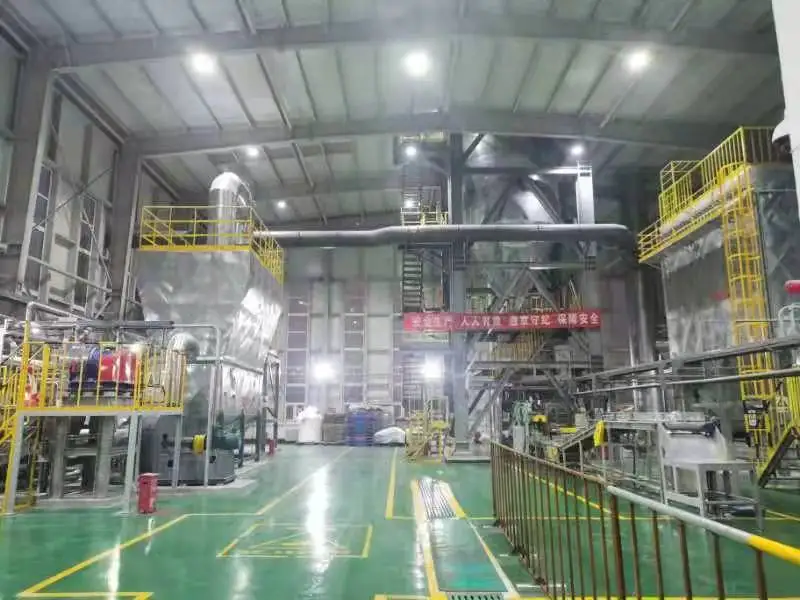ZHONGTAI Экструзионная Хлорированная поливинилхлорид cpvc Смола
- Категория: Plastic Raw Materials >>>
- Поставщик: Xinjiang,Zhongtai,Import,And,Export,Co.,Ltd
Поделиться:
Описание и отзывы
Трекер стоимости
| Месяц | Минимальная цена | Макс. стоимость |
|---|---|---|
| Sep-20-2025 | 0.30 $* | 0.43 $* |
| Aug-20-2025 | 0.7 $* | 0.76 $* |
| Jul-20-2025 | 0.58 $* | 0.45 $* |
| Jun-20-2025 | 0.95 $* | 0.83 $* |
| May-20-2025 | 0.32 $* | 0.56 $* |
| Apr-20-2025 | 0.26 $* | 0.29 $* |
| Mar-20-2025 | 0.67 $* | 0.11 $* |
| Feb-20-2025 | 0.94 $* | 0.55 $* |
| Jan-20-2025 | 0.77 $* | 0.7 $* |
Характеристики

Product Description
CPVC extrusion type | ||
Project | Index | |
Exterior | White powder | |
Chlorine content % | 67.0 ± 0.5 | |
Sieve rate % (through 0.355mm sieve) | ≥ 99 | |
Apparent density g/ml | ≥ 0.50 | |
Volatile % | ≤0.3 | |
CPVC injection molding | ||
Project | Index | |
Exterior | White powder | |
Chlorine content % | 66.5 ± 0.5 | |
Sieve rate % (through 0.355mm sieve) | ≥ 99 | |
Apparent density g/ml | ≥ 0.55 | |
Volatile % | ≤0.3 | |
Improved heat resistance: The softening point temperature is 120°C when the chlorine content is 67%. Therefore, the heat resistance of CPVC is 20~40℃ higher than that of polyvinyl chloride, and CPVC products do not deform in boiling water.
Improved mechanical properties: At higher temperatures, some properties of CPVC such as tensile strength, flexural strength and hardness are improved compared to PVC, with higher rigidity. However, the impact performance of CPVC is worse than that of PVC and decreases with the increase of chlorine content.
Good corrosion resistance: resistant to acid and alkali at high temperature, not eroded by hydrochloric acid or hot chlorine steam, resistant to linear alkanes and oils, etc., with excellent corrosion resistance.
Good flame resistance: It has the characteristics of flame retardant and good air tightness. At high temperature, it has high insulation resistance and small dielectric loss, and has excellent flame resistance.
Good processing performance: CPVC can be used for the methods commonly used in rigid PVC processing, that is, extrusion, injection, calendering, turning, milling and drilling can be performed on PVC processing equipment, and the shrinkage rate of the product Low.
Other properties: Due to the high chlorine content, CPVC does not burn at all and has good flame resistance. CPVC also has good electrical insulation properties, especially high insulation resistance at high temperatures, low dielectric loss, and low thermal conductivity, which can be used in the production of various insulating materials. In terms of chemical properties, CPVC has the same properties as PVC, and can resist acid and alkali at high temperature. CPVC is not attacked by hydrochloric acid or hot hydrogen vapor, and is also resistant to straight chain hydrocarbons and oils.
Improved mechanical properties: At higher temperatures, some properties of CPVC such as tensile strength, flexural strength and hardness are improved compared to PVC, with higher rigidity. However, the impact performance of CPVC is worse than that of PVC and decreases with the increase of chlorine content.
Good corrosion resistance: resistant to acid and alkali at high temperature, not eroded by hydrochloric acid or hot chlorine steam, resistant to linear alkanes and oils, etc., with excellent corrosion resistance.
Good flame resistance: It has the characteristics of flame retardant and good air tightness. At high temperature, it has high insulation resistance and small dielectric loss, and has excellent flame resistance.
Good processing performance: CPVC can be used for the methods commonly used in rigid PVC processing, that is, extrusion, injection, calendering, turning, milling and drilling can be performed on PVC processing equipment, and the shrinkage rate of the product Low.
Other properties: Due to the high chlorine content, CPVC does not burn at all and has good flame resistance. CPVC also has good electrical insulation properties, especially high insulation resistance at high temperatures, low dielectric loss, and low thermal conductivity, which can be used in the production of various insulating materials. In terms of chemical properties, CPVC has the same properties as PVC, and can resist acid and alkali at high temperature. CPVC is not attacked by hydrochloric acid or hot hydrogen vapor, and is also resistant to straight chain hydrocarbons and oils.
Details Images



About Product
The use of CPVC is very extensive, involving almost all walks of life. Mainly used to make pipes, hot and cold water pipes, chemical pipes, oil field transportation pipes; plates and sheets, foam materials, flame retardant materials, composite materials, modification of vinyl fibers, coatings and adhesives, electrical insulation Materials, injection molding.



Company Profile

Zhongtai Import & Export Co.,Ltd (Zhongtai Import & Export Company) is a wholly-owned subsidiary of Xinjiang Zhongtai Chemical Co.,Ltd. It was established in March 2000 and is a modern circulation enterprise with petrochemical, textile, agriculture, and other means of production trading at home and abroad and financial services as its main industry. The business scope covers the main export of PVC, caustic soda and yarn, and the import trade business covers wood pulp, dissolving pulp, and large equipment, etc. The company relies on the platform of state-owned listed companies to establish overseas Zhongtai International Development (Hong Kong) Co., Ltd and a domestic Xinjiang Zhongtai Import & Export Ltd. The domestic and overseas business comprehensively deals with and avoids the risks of related transactions and exchange rate fluctuations, and builds a “big foreign trade” system that unifies and connects with foreign markets.
The company conscientiously implements the new development concept, focuses on the overall goal of work in Xinjiang, and accelerates the pace of “go global”. Based on the state-owned listed platform, the scale of the real industry and geopolitical location advantage, focusing on the international and domestic two markets, two kinds of resources, vigorously develop industrial chain trade and supply chain finance. Meanwhile, cultivating the “the belt and road” along with the market, and carrying out more than 100 kinds of multi-product trade, business in more than 90 countries and regions.
The company conscientiously implements the new development concept, focuses on the overall goal of work in Xinjiang, and accelerates the pace of “go global”. Based on the state-owned listed platform, the scale of the real industry and geopolitical location advantage, focusing on the international and domestic two markets, two kinds of resources, vigorously develop industrial chain trade and supply chain finance. Meanwhile, cultivating the “the belt and road” along with the market, and carrying out more than 100 kinds of multi-product trade, business in more than 90 countries and regions.




Our Certificates



Packing & Delivery


Zhongtai Chemcial China Europe train started in 2015, and up to now, more than 70 trains have been shipped, mainly from Urumqi, and the destinations are kryst, Krasnodar, Moscow, Central Asia, Afghanistan and other regions. At present, a mature transportation route has been formed, and the number of train distribution accounts for about 30% of the total local train issue. China Europe train has realized "integrated" customs clearance and inspection declaration, and group transportation, which has reduced the whole operation time, greatly improved the efficiency of freight organization, and greatly increased the market share of the company's products in the country.
FAQ
Q: Are you manufacturer or trading company?
A: We are manufacturer based in Urumqi city Xinjiang province.
Q:What is the delivery time if i place my order ?
A: 10-20 days
Q:What is the payment terms
A:100% T/T prepay or LC at sight
Q:Can I get a lower price if I order large quantities?
A:Yes, prices can be discounted with bigger order quantities.
Q:Can i get samples before my order ?
A:Free samples are available, not more than 3L.or 2kg. freight charge is for customer’s account.
Q:How long it will be to get samples?
A: (1)7-10 days for general products
(2)7-20 days
(3)15-20 days
Q:What is the MOQ ?
A : (1)At least ONE ISO TANK or 16MT/20ft(drum packing)
(2)It will be 1 fcl, 26mt(by sea).
(3)It will be 58MT/wagon(bv train)
Q:What’s the transportation way?
A: (1)By Sea
(2) Express DHL.By sea By Air.
A: We are manufacturer based in Urumqi city Xinjiang province.
Q:What is the delivery time if i place my order ?
A: 10-20 days
Q:What is the payment terms
A:100% T/T prepay or LC at sight
Q:Can I get a lower price if I order large quantities?
A:Yes, prices can be discounted with bigger order quantities.
Q:Can i get samples before my order ?
A:Free samples are available, not more than 3L.or 2kg. freight charge is for customer’s account.
Q:How long it will be to get samples?
A: (1)7-10 days for general products
(2)7-20 days
(3)15-20 days
Q:What is the MOQ ?
A : (1)At least ONE ISO TANK or 16MT/20ft(drum packing)
(2)It will be 1 fcl, 26mt(by sea).
(3)It will be 58MT/wagon(bv train)
Q:What’s the transportation way?
A: (1)By Sea
(2) Express DHL.By sea By Air.
Похожие товары
Шарики из пенопласта, шарики из пенопласта для рукоделия
US $0.25-$0.32
Шарики из пенопласта, шарики из пенопласта для рукоделия
US $0.25-$0.32
